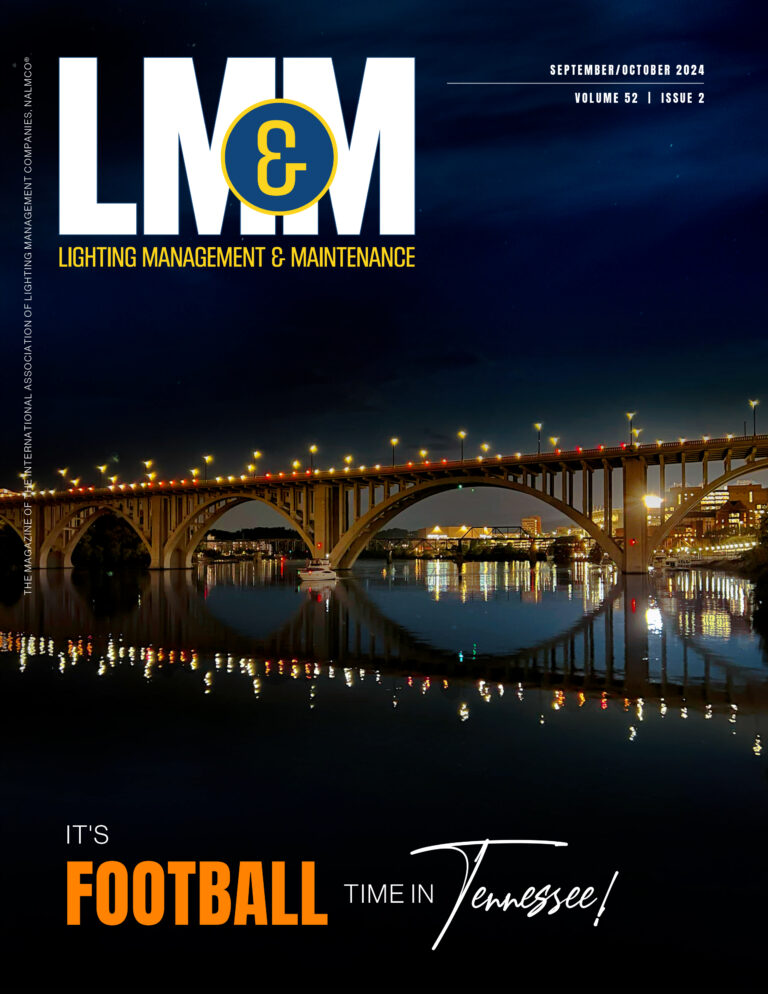UPDATE, 18 JUL 2022, 08:34 EST. We received a new message from Signify claiming the Open Corporates document is out of date and we have deleted from the article. Their email did not address the potential asbestos litigation.
On 11 JUL, EdisonReport received an alert from Pace Monitor regarding a bankruptcy filing by Strand Lighting, LLC.
While your humble editor has seen too many bankruptcies in our industry, this one is a bit different as it appears that Signify is dividing the company and putting potential liabilities into Strand Lighting and keeping the existing business under the Vari-Lite brand.
The Strand Lighting website lists a timeline and in 2022 it states: “We will centralize our investments moving forward in one Signify entertainment legal entity, Vari-Lite LLC. Therefore, all new entertainment products across product categories will be branded as Vari-Lite. The operations of Strand Lighting LLC will be discontinued.”
Strand Lighting is in the entertainment lighting sector and it appears that COVID has taken its toll. According to the filing, 2020 revenue was $21,299,482. 2021 revenue dropped to $7,582,385 and YTD 2022 is only $2,906,575. It makes sense that 2021 would drop dramatically, but in 2022, live entertainment has come roaring back. Here in Nashville, there are several concerts each week, so one would have expected Strand’s 2022 sales to pick up.
Strand Lighting was acquired by The Genlyte Group in 2006. Philips purchased the Genlyte Group in late 2007 and both Strand and Vari-Lite were announced as being acquired by Philips in the press release. The bankruptcy petition is signed by Michael L Manning, the Vice President of something called Gentlye Thomas Group, LLC. We thought Genlyte Thomas disappeared after the Philips acquisition. (In 2020 Signify did create Genlyte Solutions, which consists of most of the old Genlyte brands.)
The bankruptcy also claims a property lease by Genltye Thomas Group, LLC in Township, NJ.
Part 12 of the document is interesting in that it shows $247,548 in Accounts Receivable with only $127,222 in inventory. How does a company that did $21M in 2020 survive with only $127,000 in inventory?
We researched a few of the creditors:
- Cristobal Dieguez c/o Weitz & Luxenberg. Weitz & Luxenberg is a personal injury lawyer. According to UniCort, Cristobal Dieguez has a suit against AO Smith Water Products regarding asbestos product liability. The suit lists STRONG LIGHTING as a defendant. Strong Lighting is in the entertainment lighting business.
- Thomas Darenberg, c/o Weitz & Luxenberg also filed a case against AO Smith regarding asbestos insulation.
- Stephen Ried c/o Weitz & Luxenberg, did not pull up anything and we think this is a misspelling (happens to me a lot). We believe the correct name is Stephen Reid. Barbara Reid is the Executrix for Stephen Reid’s estate. We found a suit against Altman Stage Lighting.
- Richard LaRocca c/o Weitz & Luxenberg. LaRocca also sued AO Smith and according to the complaint Mr. LaRocca was diagnosed with lung cancer on 1 AUG 2018 and died on 4 MAR 2019. It is alleged that decedent was employed as an apprentice stagehand and then as a stagehand and electrician using defendant’s products at various locations throughout his career. He testified that the rubber coated asbestos multi-conductor cables were color coded in black, green and white and came on a metal spool with defendant’s logo (it is unclear if the defendant is AO Smith or Belden) on it. He stated the asbestos was grayish and almost like paper. Decedent testified that he believed he was exposed to asbestos from the wires in the stage lights and when he repaired cables, he specifically recalled using Belden cable and wire products.
- Michael and June Savianeso filed suit against many in the electrical industry including: GE, Honeywell, Leviton, Schneider Electric, Signify, Strand and Strong Lighting, among others.
It is interesting that all the liabilities appear to be actual or potential litigants, and all potential liabilities are listed as “disputed” and the amount owed to each is “unknown.”
We reached out to several people to get more details and will update the story as we learn more.
The Genlyte Thomas Group filed the bankruptcy petition and they still own real estate used by Strand. My initial hypothesis is that this potential asbestos liability was well known to Philips when they acquired Genlyte, and the Genlyte Thomas Group’s main function was to hold these potential liabilities—and now they will disappear.
Developing…



